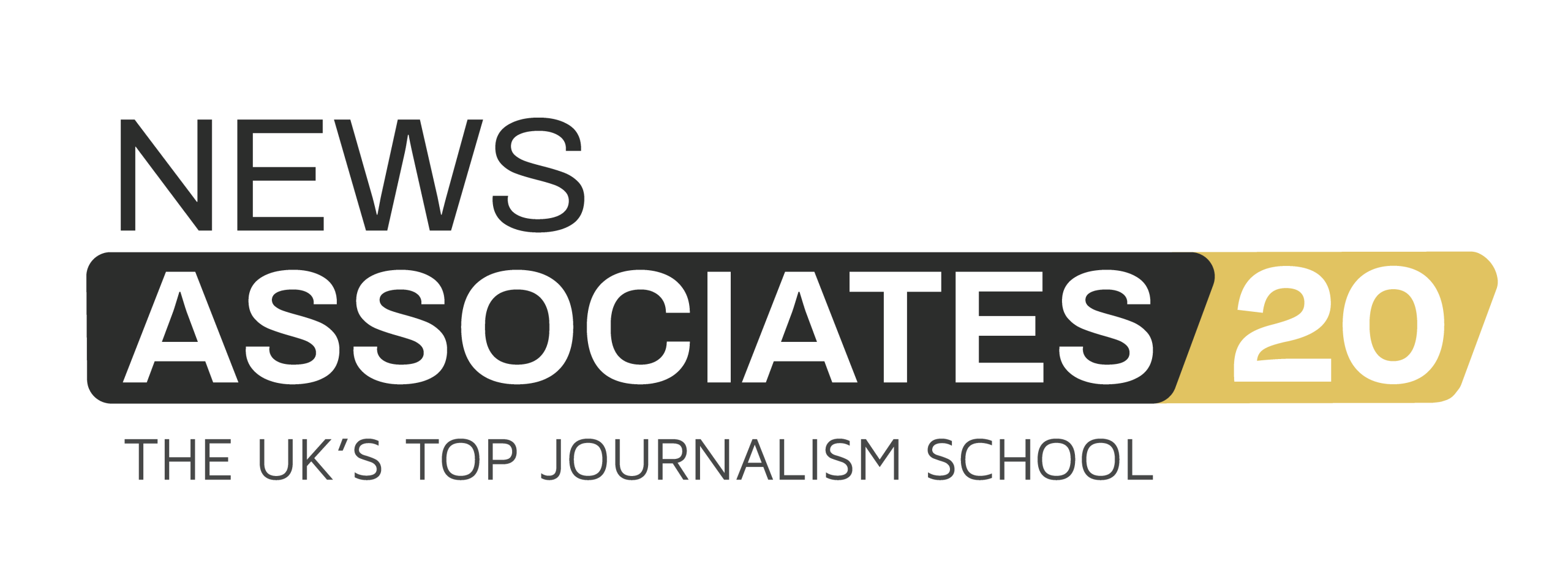ANTHONY LONGDEN COLUMN: Copy approval is the final frontier that we can’t cross
Sooner or later, reporters face the squalid issue of copy approval.
An interviewee might refuse to talk to you unless you promise them sight of your piece before publication.
Perhaps a politician, celebrity PR, business leader or football club owner assumes it’s their right to insist on seeing what you are going to write about them: ‘…just in case you get it wrong’, you understand.
Organisations and individuals insisting you toe their line, might well attempt to bully you with veiled threats about never talking to you again if you don’t give in to their demands.
It can be so tempting to feel cultivating your contacts just means keeping them sweet. But don’t confuse the two. Be confident, be brave – you are allowed to say ‘no’.
Let’s remind ourselves why copy approval is so unsavoury.
To begin with, it undermines the very idea of independent journalism and the freedom of the press.
If you do a favour for one contact, how can your readers know you haven’t done the same for another? They can’t. If you let copy approval in, integrity is undermined and credibility lost.
This might all sound terribly high-minded. But corruption and freedom of expression are live issues for journalists, and complacency about them is reckless.
A journalist not only needs to be free to operate independently, but to be able to demonstrate this, too. If you claim to write without fear or favour, you can’t afford to sneak through the odd exception.
If a reporter – or their editor or proprietor, for that matter – permits third parties with myriad vested interests to censor or otherwise distort the work, it corrupts the process and betrays the reader.
Regrettably, copy approval and its lily-livered sibling ‘question approval’ are part of the reality of what journalists operating in our free-speech environment must face every day.
There is an army of PRs in need of absolutely no assertiveness training whatsoever (many of them highly effective former journalists), that feeds off willing aquiescence or sometimes even eager complicity.
Celebrity interviewing epitomises the problem. Unapologetic attempts are made to apply ludicrous pre-conditions to coverage. These might be a veto on questions, picture and copy approval, or timing of publication (to serve their own publicity agenda). These people we call celebrities, acting through PRs, believe they have the right to use us to protect or promote their ‘brand’.
Writing in the Guardian in 2005, the newspaper’s former readers’ editor Ian Mayes, recalled a conversation with a commissioning editor on the Weekend magazine about demands made on behalf of a ‘C-list celebrity’.
She told Mayes: “The rudest, most demanding PR I ever encountered [for a minor television actress], demanded copy and picture approval, screamed: ‘Bullshit!’ when I said no, and rang the next day to see if I had changed my mind.”
In his 2005 memoir The Insider, former Mirror editor Piers Morgan wrote about his deep irritation when he discovered his own paper had allowed television presenters Richard Madeley and Judy Finnigan to approve copy following an interview in 2001.
“This is a hidden shame for most papers, that has grown in recent years to be an epidemic,” he said.
“We need celebrity interviews, but they don’t trust us, so the only way they’ll do it is if we let them ‘approve’ the copy, and sometimes the headlines and photographs, too. Every tabloid does it, and it has always stuck in my gullet, because it is effectively censorship.”
Morgan felt the couple’s demands were beyond the pale. What he did next caused everyone to stop in their tracks, if only for a moment.
The Mirror ran the original and ‘approved’ pieces side by side so that everyone could see the changes Richard and Judy had wanted.
I realise how hard it is for journalists. You’re stuck between a rock: ‘I’ve got to get the story’, and a hard place: ‘We’ll never help you again if you don’t do as we say’.
Its important for editors and proprietors to step up to their role and put it beyond doubt that their journalists have an unquestioned mandate to say ‘no’.
Because each time copy approval is granted, journalism dies a little.
***
And finally…
“As to the evil which results from a censorship, it is impossible to measure it, because it is impossible to tell where it ends.”
Jeremy Bentham 1748-1832, English philosopher
* Anthony Longden advises News Associates on journalism. He spent 20 years as editor and senior editorial executive in various regional companies in the UK, including Newsquest and Trinity Mirror.
He is a member of the Society of Editors parliamentary and legal committee, lobbying on behalf of the media industry on a wide range of issues.
He was an editorial member of the Press Complaints Commission, and sat on its reform committee.
He advises the SoE and Alder Media, a London-based crisis handling and communications consultancy. He judges the annual UK national and regional Newspaper Awards.


